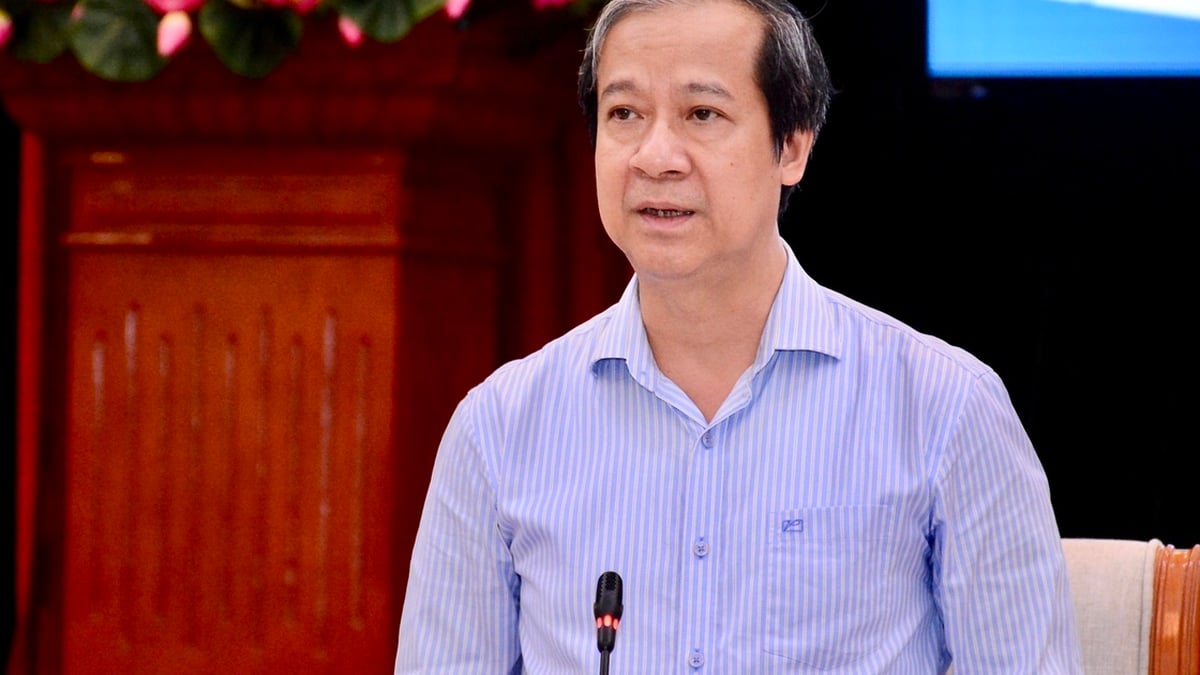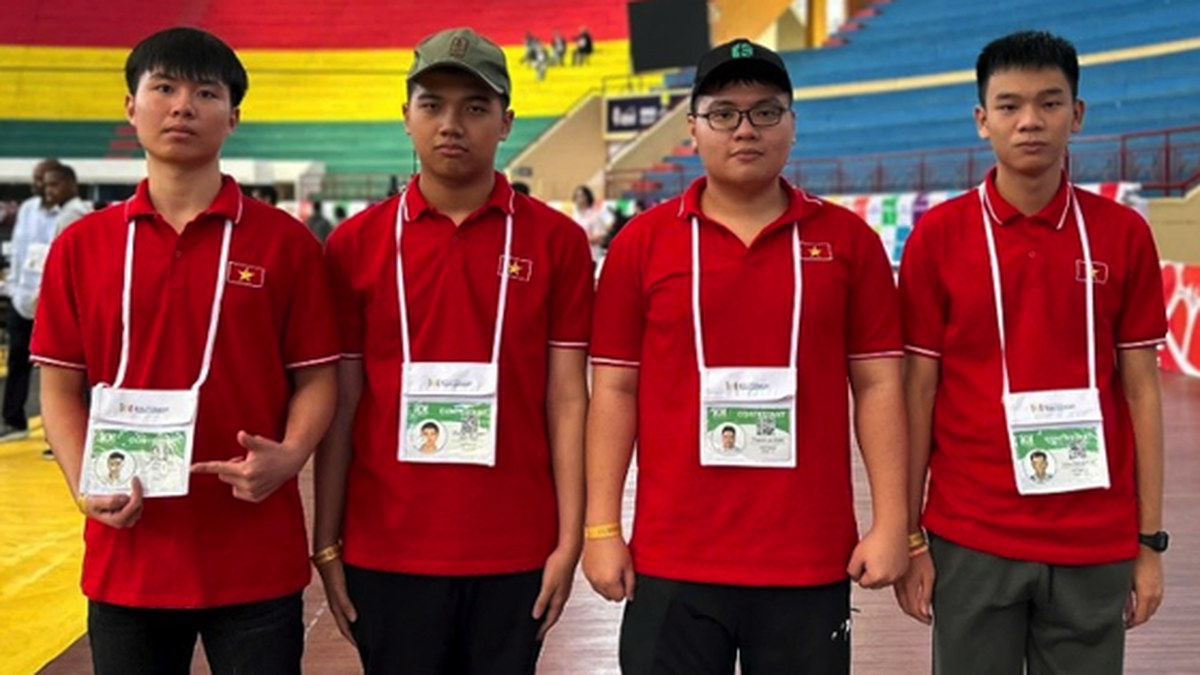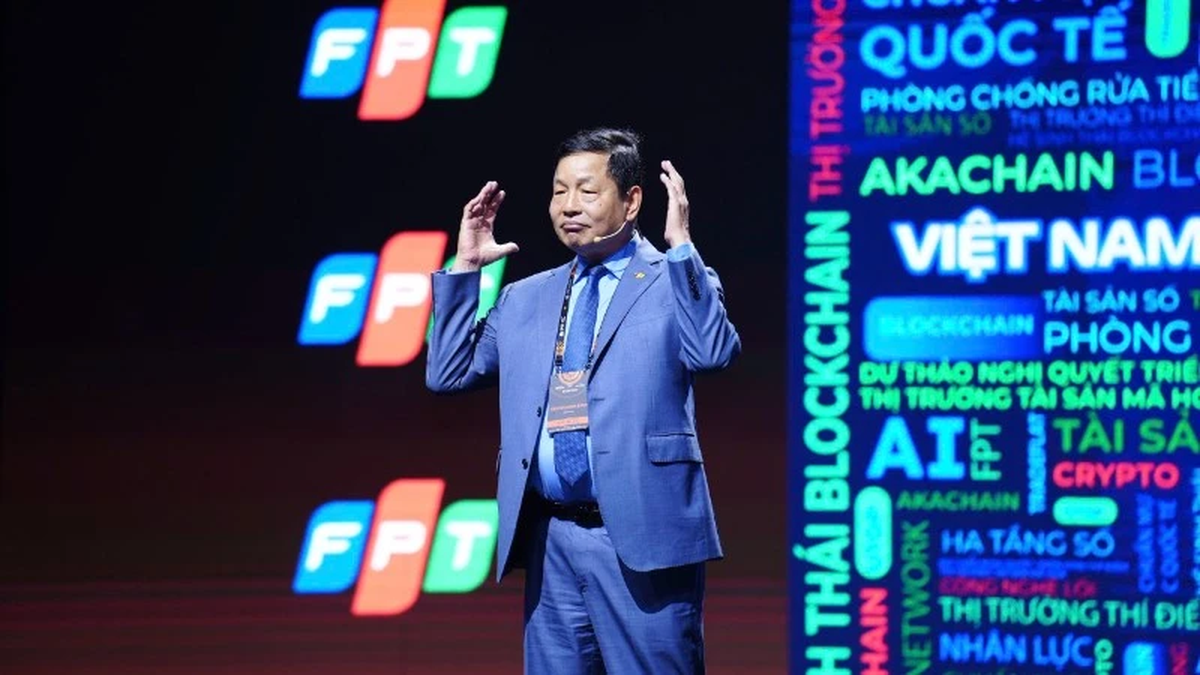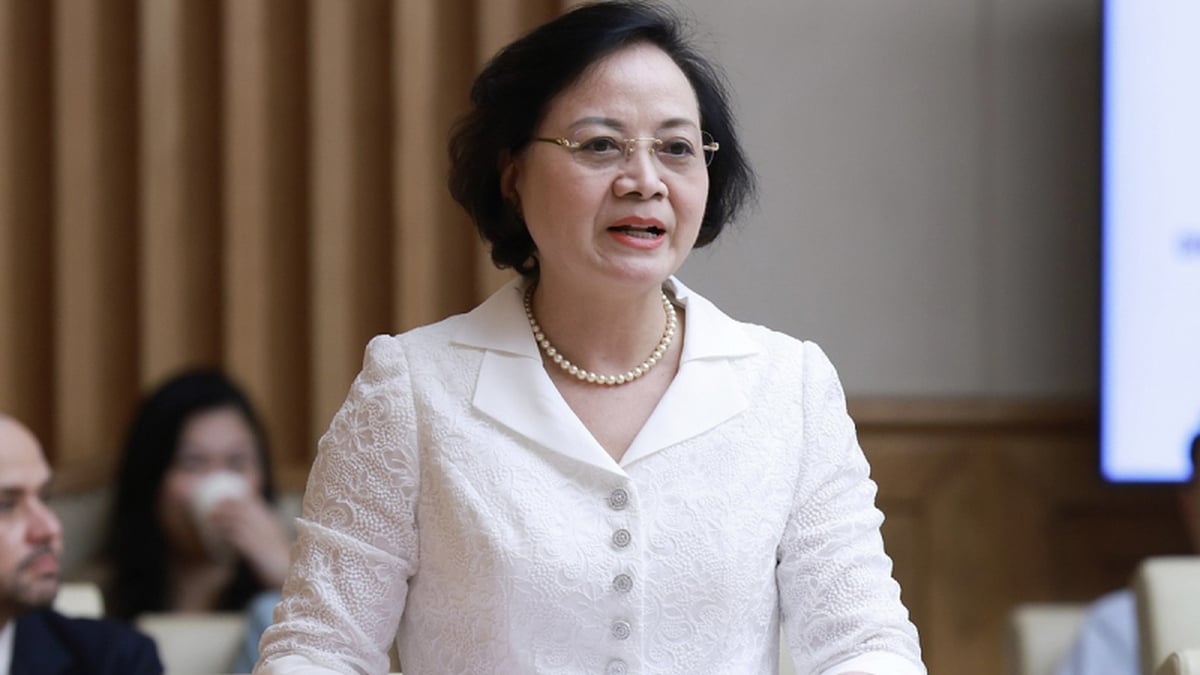The draft regulation , titled “Measures for Managing Services Created by Artificial Intelligence,” affirms that China supports autonomous innovation, promotes the application and international cooperation of artificial intelligence (AI), and encourages the use of safe and reliable software, tools, computers, and data resources.

Artificial intelligence. (Graphic: FCW).
However, the regulation also requires submitting a security assessment to the national cyberspace authority before providing the service to the public.
In addition, AI-generated content must reflect core socialist values and not contain content that overthrows the government, overthrows the regime, incites secession, undermines national unity, promotes terrorism, extremism, incites hatred, ethnic discrimination, violence, depravity, false information, and content that may disrupt socio-economic order.
Under the new draft, providers will be responsible for the legality of data used to create AI products, and must require users to provide their identities and authentication information. Providers will be fined between 10,000 and 100,000 yuan (about 35 million to 350 million VND), have their services suspended, or even face criminal prosecution if they fail to comply with the regulations.
For inappropriate content created, companies will have to update their technology within 3 months to prevent similar content from being created again.
The draft new regulations are being solicited for public comment until May 10 and are expected to take effect this year.
The draft was published in the context of many countries also looking to limit the risks from AI, a series of technology giants booming investment in the field of artificial intelligence and popularity with users in recent months, after OpenAI launched the chatbot ChatGPT.
At the same time as the draft was released, Chinese e-commerce giant Alibaba said on April 11 that all of its products and platforms, including its widely used e-commerce platforms Tmall and Taobao, its business communication platform DingTalk, and its video platform Youku, would be connected to Tongyi Qianwen, a chatbot service similar to ChatGPT. Tencent is also developing a chatbot similar to ChatGPT that will be integrated into services such as QQ and WeChat, while Baidu launched a chatbot called “ERNIE Bot” in February.
Bich Thuan (VOV-Beijing)
Useful
Emotion
Creative
Unique
Wrath
Source



































































































Comment (0)